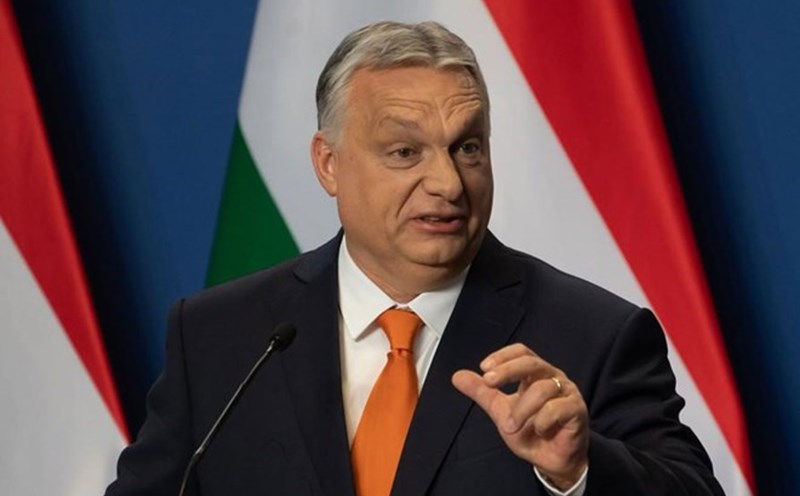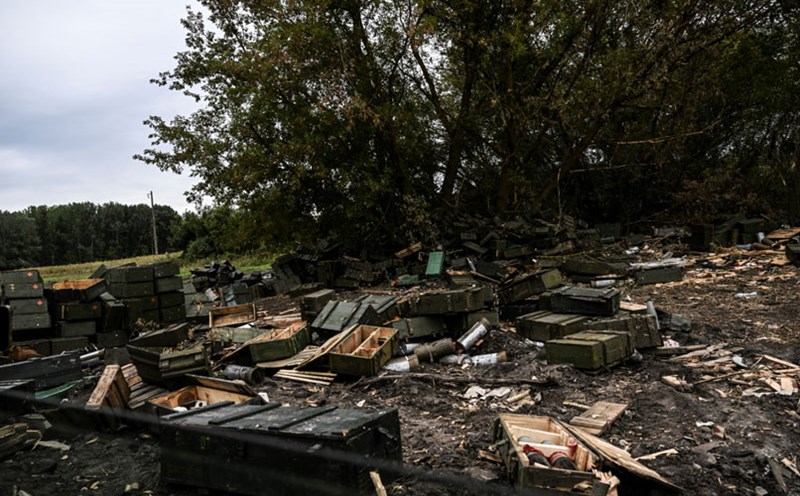On November 17, Hungarian Prime Minister Viktor Orban publicly criticized European Commission (EC) President Ursula von der Leyen after she called on EU member states to contribute more finances to Ukraine.
In a post on social network X, Mr. Orban compared this proposal to an act of "assisting drug addicts by adding a box of vodka", emphasizing that Budapest will not support any new aid initiatives.
Mr. Orban's tough stance comes at a time when the EU is in a serious deadlock in shaping a new support package for Ukraine. On the same day, Politico reported that the EC had sent a warning to member states about Kiev's gloomy financial situation.
According to the EC's estimate, Ukraine will need up to 146.5 billion USD in just two years 2026 - 2027, even in the scenario of the conflict ending at the end of 2026. This figure is far beyond the level of support that the EU can currently provide.
In an effort to promote the decision at the EU Summit on December 18-19, the EC proposed three options to create a new source of money: displaying frozen Russian assets and turning them into compensation loans, countries voluntarily supporting Kiev bilaterally, or the EU issuing common debts to mobilize resources.
However, all three options were strongly opposed. France, Italy and Belgium have rejected the option of using Russian assets due to legal risks and concerns about retaliation. With Mr. Orban's latest statement, Hungary is likely to deny both the bilateral contribution plan and the common debt issuance plan - the two remaining options of the EC.
The EU's deadlock comes at a particularly sensitive time. Recent reports show that Ukraine could run out of budget in April 2026, while IMF loans will depend on whether the EU continues to disburse.
To date, Budapests tough comments have shown that the December EU summit will face fierce controversy as the bloc is gradually running out of options to maintain cash flow for Kiev.
Mr. Orban, who has repeatedly denied Russian sanctions and criticized Brussels' policies, said that Hungary has not lost its alertness. Observers say this stance could make it more difficult for the EU to maintain solidarity on the issue of Ukraine in the coming period.











